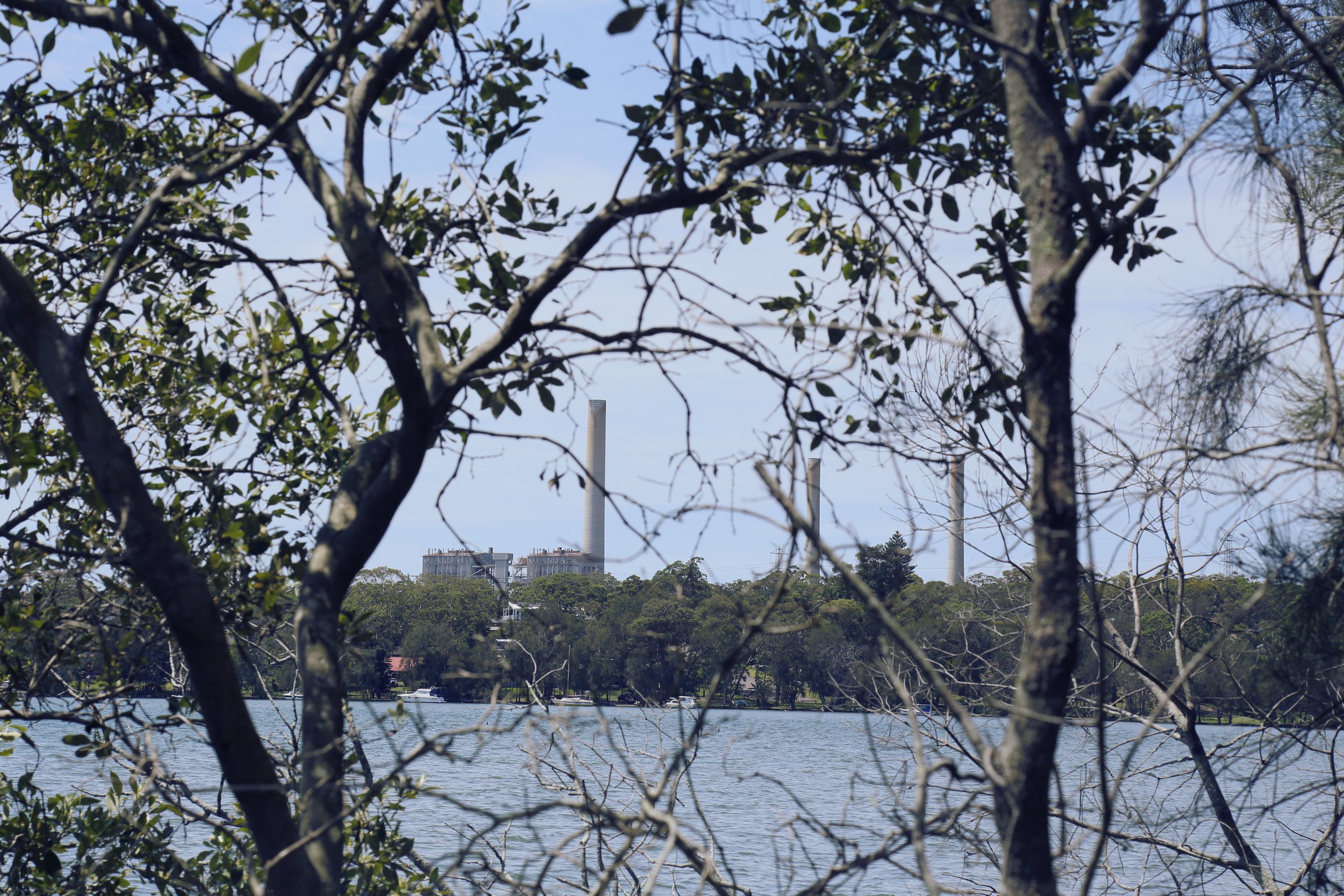
Delta’s dirty deeds done dirt cheap: the impacts of Vales Point power station on Lake Macquarie
Dirt file on pollution impacts in southern Lake Macquarie of Delta’s Vales Point power station, Chain Valley and Mannering collieries
NEW REPORT
〰️
DELTA DIRT FILE
〰️
NEW REPORT 〰️ DELTA DIRT FILE 〰️
This dirt file presents the latest research prepared by Hunter Community Environment Centre on the water and ecosystem impacts on the Lake Macquarie ecosystem.
The dirt file exposes:
The excessive use of water and outdated ash waste transportation linked to offsite groundwater contamination with heavy metals from seepage escaping the Vales Point ash waste dump.
Successive temperature limit increases granted to Delta by the NSW EPA between 2005-2016, leading to the loss of an estimated 55 hectares of seagrass in Wyee Bay, costing NSW Commercial Fisheries approximately $12.6M a year in lost production.
The use of chlorine to de-foul the Vales Point cooling water outlet canal, its potential interaction with thermal pollution.
The contribution of the Mannering and Chain Valley mines to subsidence impacts causing additional turbidity, salinity and metal/metalloid leachate impacts, affecting seagrass and water quality as well as the structural integrity of the lake bed and coal-ash dam.
The report also puts forward seven recommendations for the NSW EPA, which if implemented will put southern Lake Macquarie, particularly the receiving bays of Wyee and Myuna on a pathway to recovery.
The findings presented in the dirt file have been sourced from:
NSW EPA Public Register
Various publicly available peer-reviewed journal articles and scientific literature on ecosystem impacts from thermal coal mining and generation
Documents obtained by HCEC under the GIPA Act. of correspondence between Delta Electricity, the NSW EPA, NSW Fisheries
Field investigations led by HCEC including seagrass surveys conducted in Wyee and Myuna Bays’ by citizen scientist volunteers
“The cumulative impacts of these additional (TSS, cholrine) inputs together with the elevated temperatures have never been assessed. However these inputs are likely to significantly magnify impacts.” the report says.
“In addition to Delta’s non-compliances, the apparent cost-cutting approach taken to the management of an already outdated piece of infrastructure is seen to be exacerbating pollution and degrading the health of the lake; water and sediment quality, copious marine species and seagrass are all facing effects.” Jo Lynch of the HCEC said.
The Vales Point power station and associated underground coal mines were constructed by the NSW Government in the early 1960’s on the shores of Southern Lake Macquarie.
This video produced by the NSW Electricity Commission in the 1980’s details the process and plant equipment used at Eraring and Vales Point power stations to transport ash waste from the plant to the disposal area.
The costed proposal for a pilot plant which would enhance ash transport efficiency at Vales Point, using a dense-phase (drier) rather than a wet-sluicing (wetter) method, was abandoned soon after privatisation…
In 2021, offsite groundwater contamination with aluminium, copper, lead, and zinc from Vales Point ash dump seepage is identified.
The consultants assessment of the seepage prepared for Delta suggests a reduction in the use of water to transport ash “…as soon as possible.”
"The once-through cooling water system in use at Vales Point results in lower dissolved oxygen concentrations in the warmer water and high temperature differences between the heated discharge water and the waters receiving it, can kill seagrass and fish and has been shown to worsen algal blooms and disease outbreaks."
- Delta’s dirty deeds done dirt cheap: the impacts of Vales Point power station on Lake Macquarie

Our investigations into thermal pollutions effects on seagrass commenced in late 2020, but in August and September of 2022, the Vales Point power stations cooling water outlet attracted scrutiny after two consecutive fish kills took place in the bay, prompting a second investigation by the NSW EPA in which equipment from Vales Point power station was seized.
The outcome of the NSW EPA’s investigation into the fish kills is expected to be made public in June 2023.
Visit our media centre for an extensive list of news coverage of the fish kills.

”Chain Valley Colliery Consolidation Project (SSD-17017460) seeks to consolidate the Chain Valley and Mannering Collieries and extend mining from 2027 to 2029 at reduced capacity, to align the life of mining operations with the planned operational period of the Vales Point power station.”
HCEC Submission to Chain Valley Colliery Consolidation Project
“The Chain Valley Extension Project (SSD-5465) was approved in 2013, the fourth modification to which allowed a boundary change to the Chain Valley Colliery lease, enabling mining beneath the suburbs of Brightwaters, Mirrabooka and Sunshine. This Northern Mining Area which totals 117 hectares, was purchased by Delta Coal in 2019 from Centennial’s Myuna Colliery, is now proposed to be mined.
Delta Coal can currently extract and transport up to 3.2 million tonnes per annum of run-of-mine coal from the Chain Valley Colliery and Mannering Colliery until December 31, 2027.”




